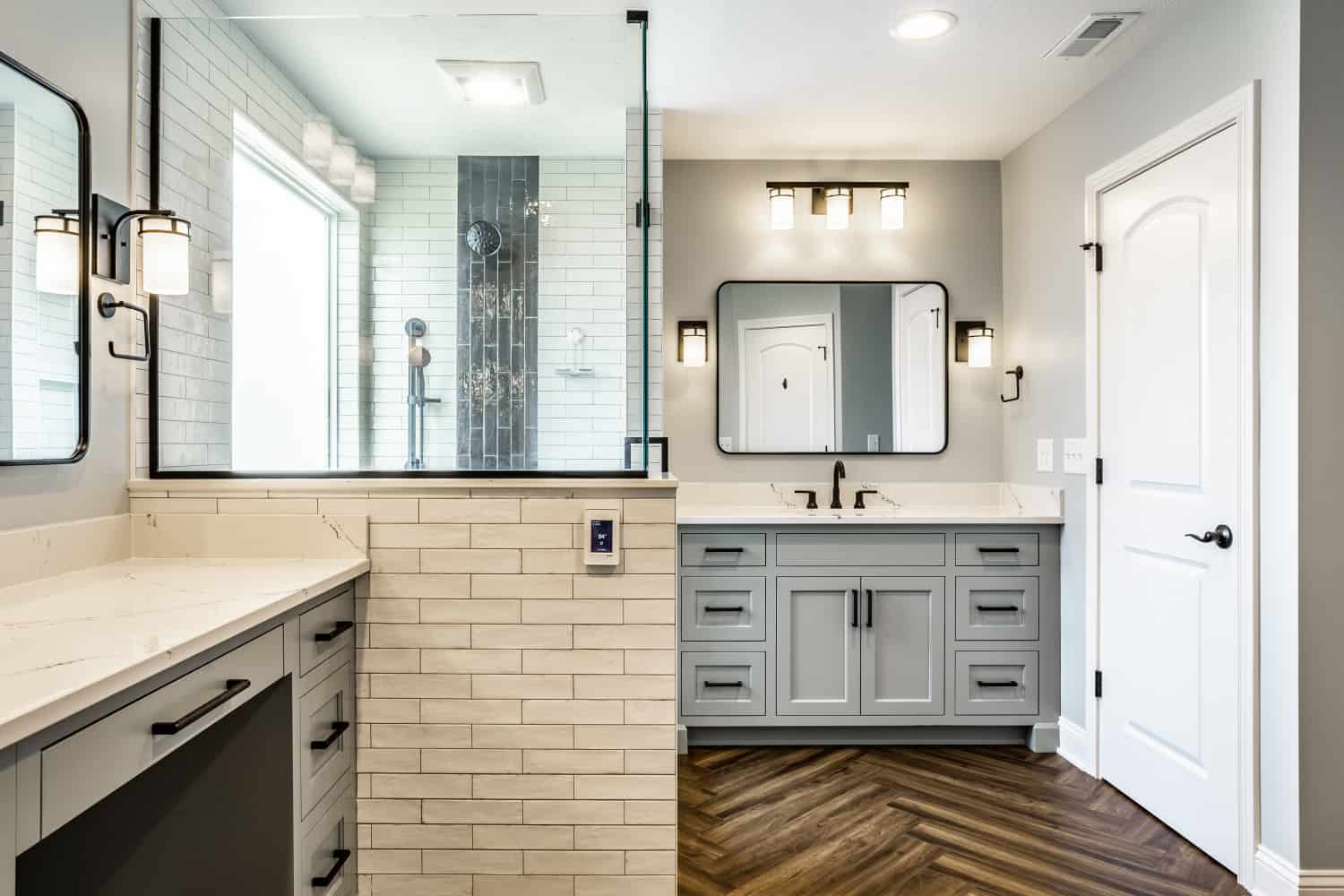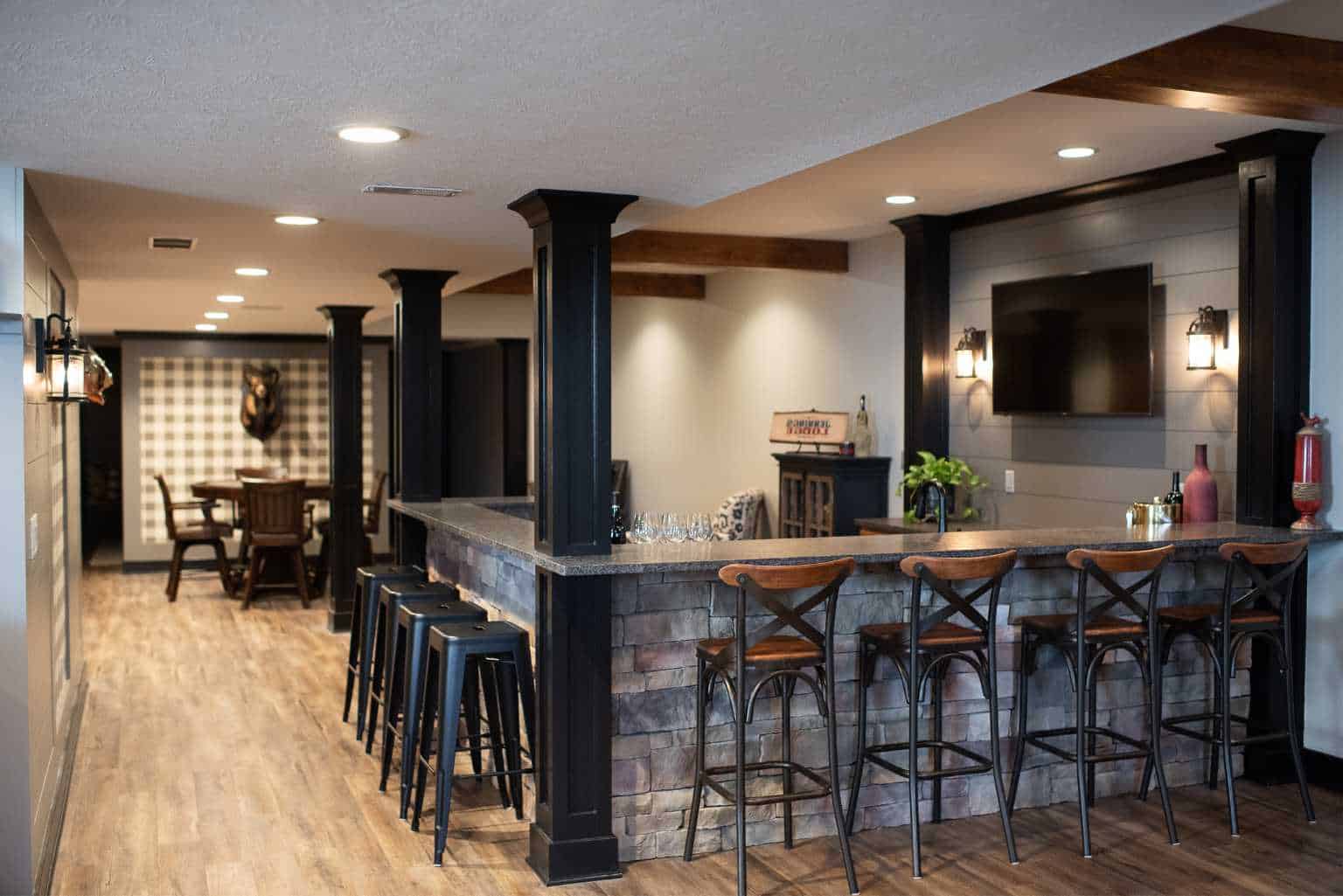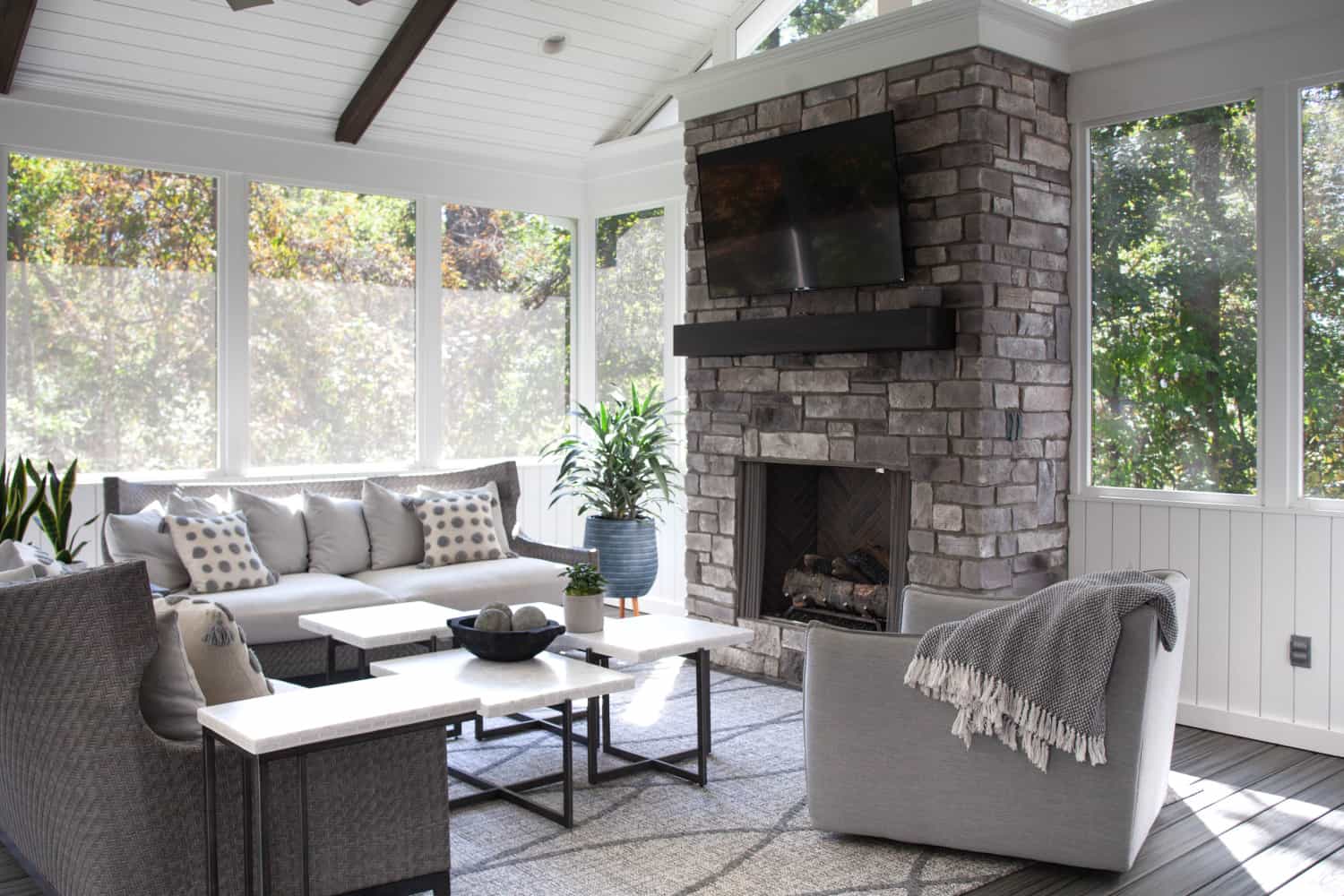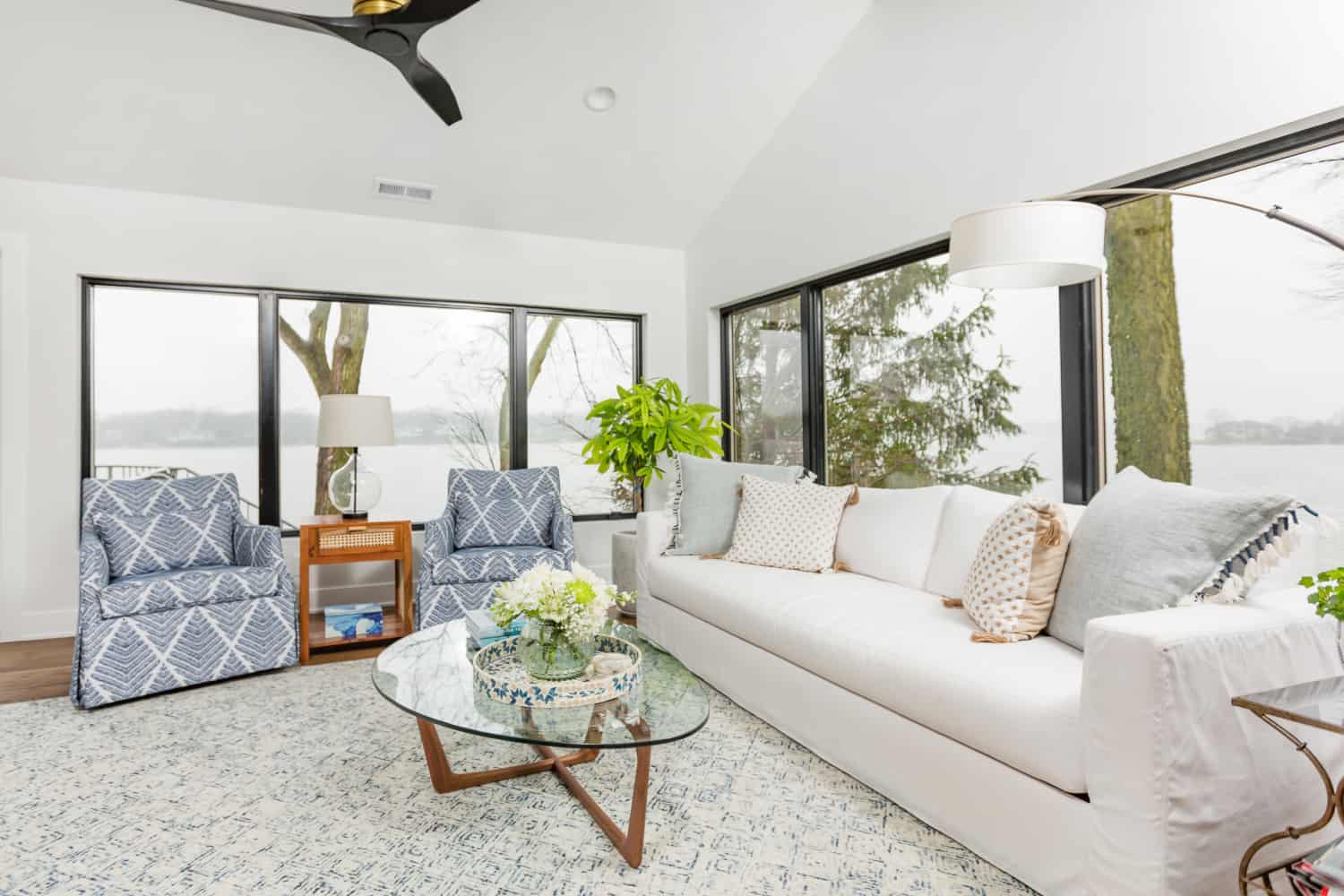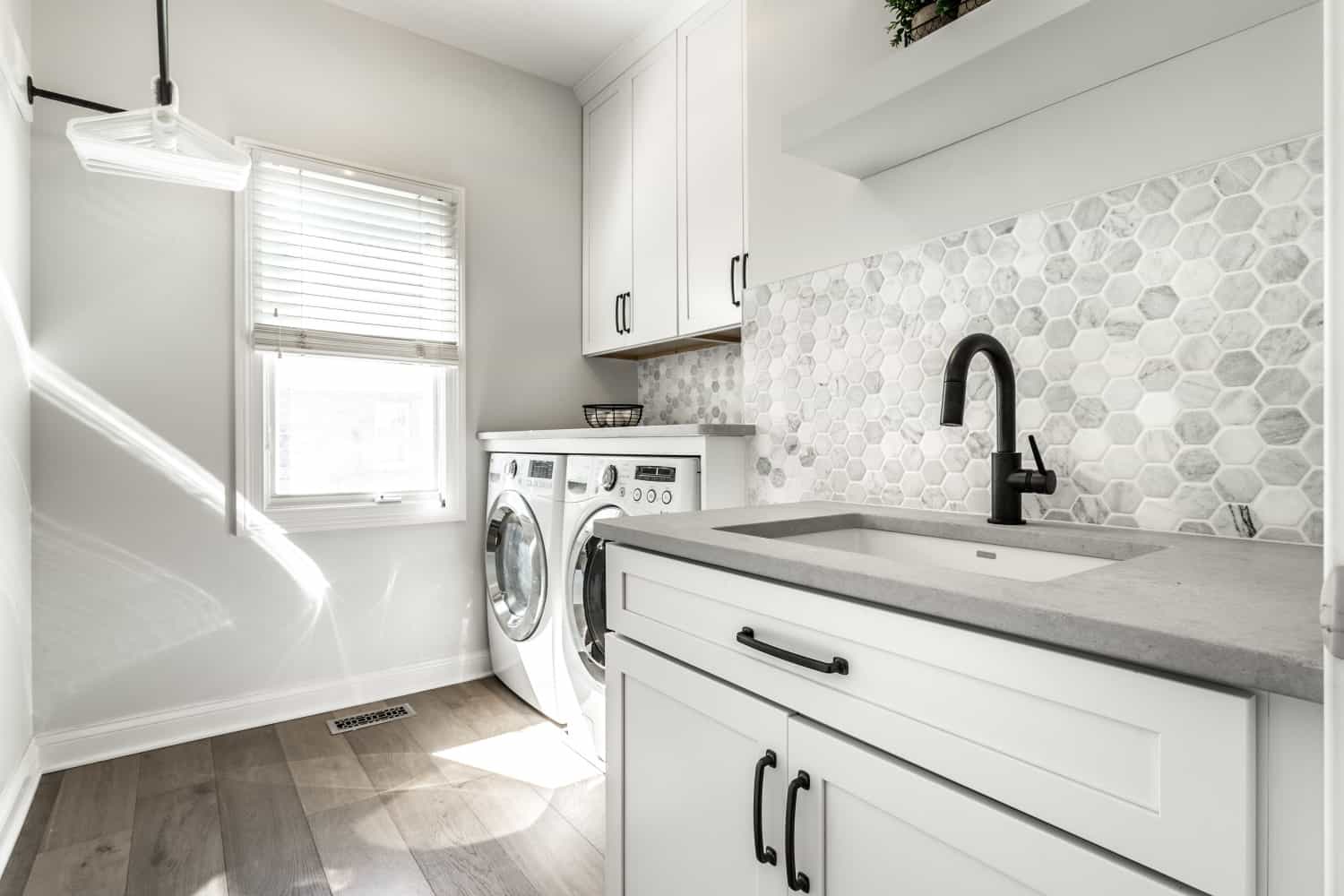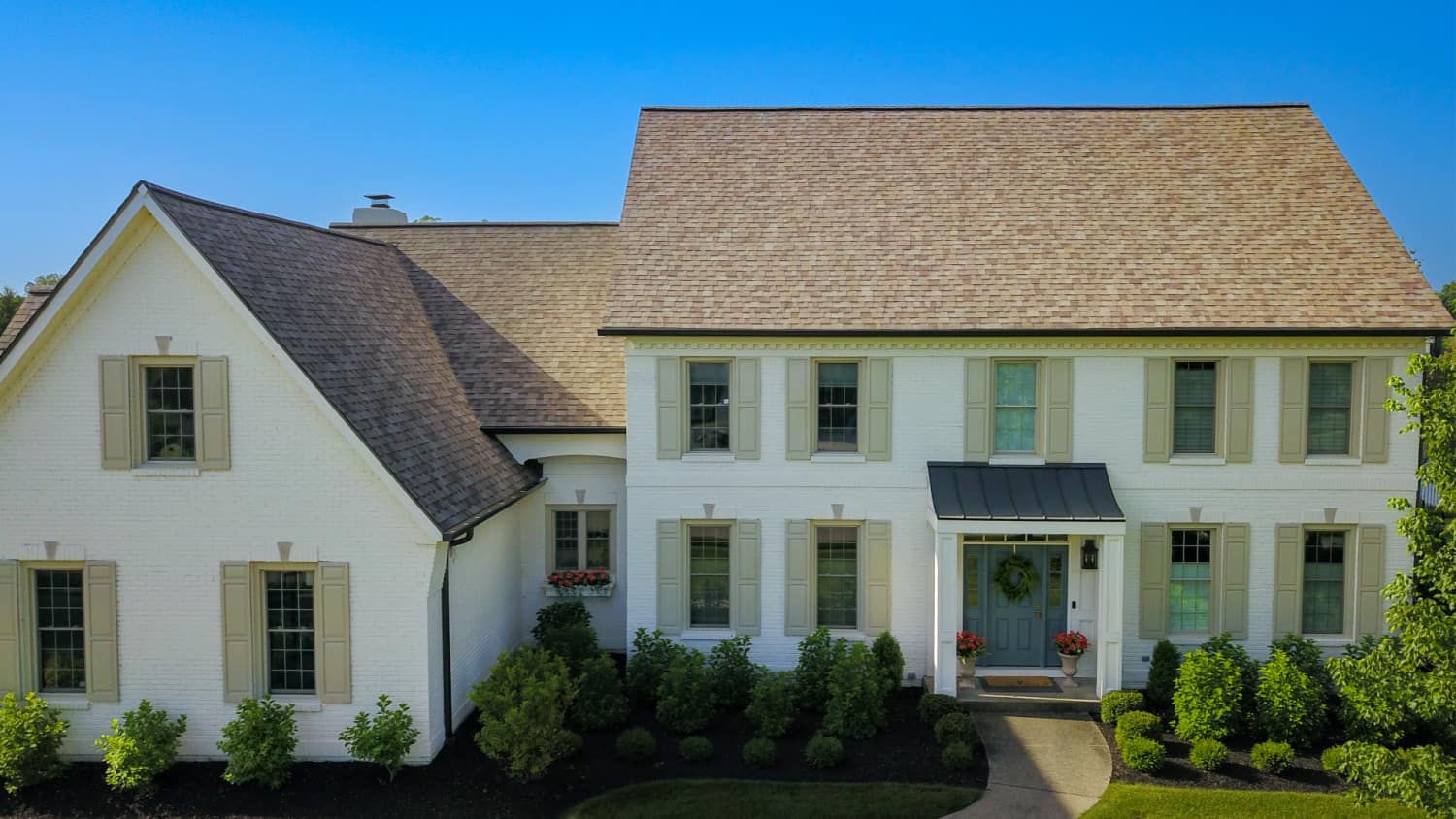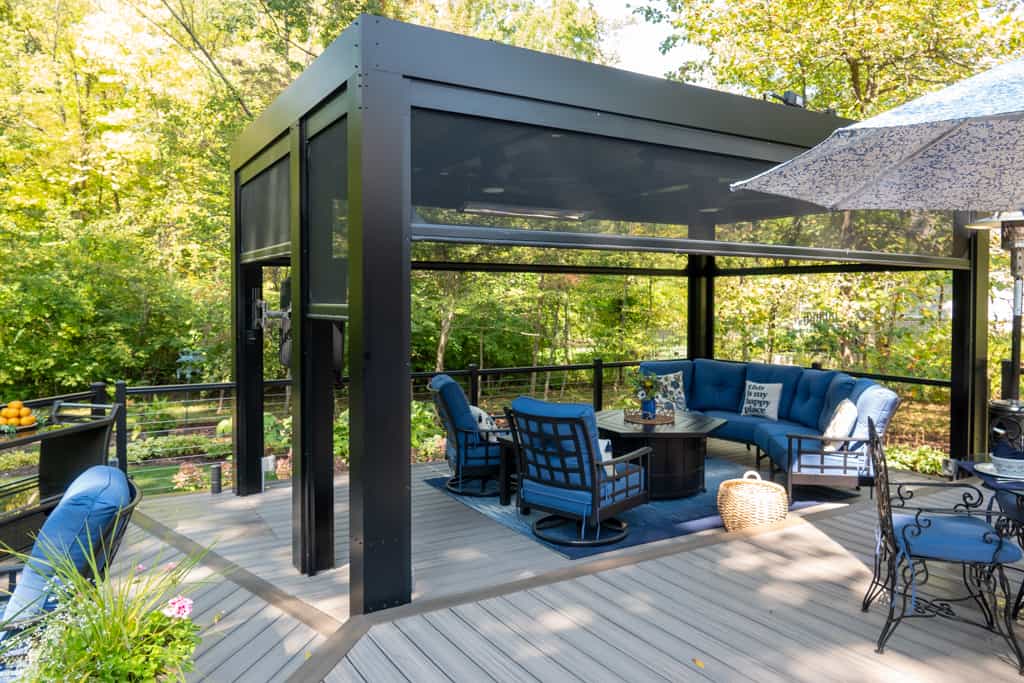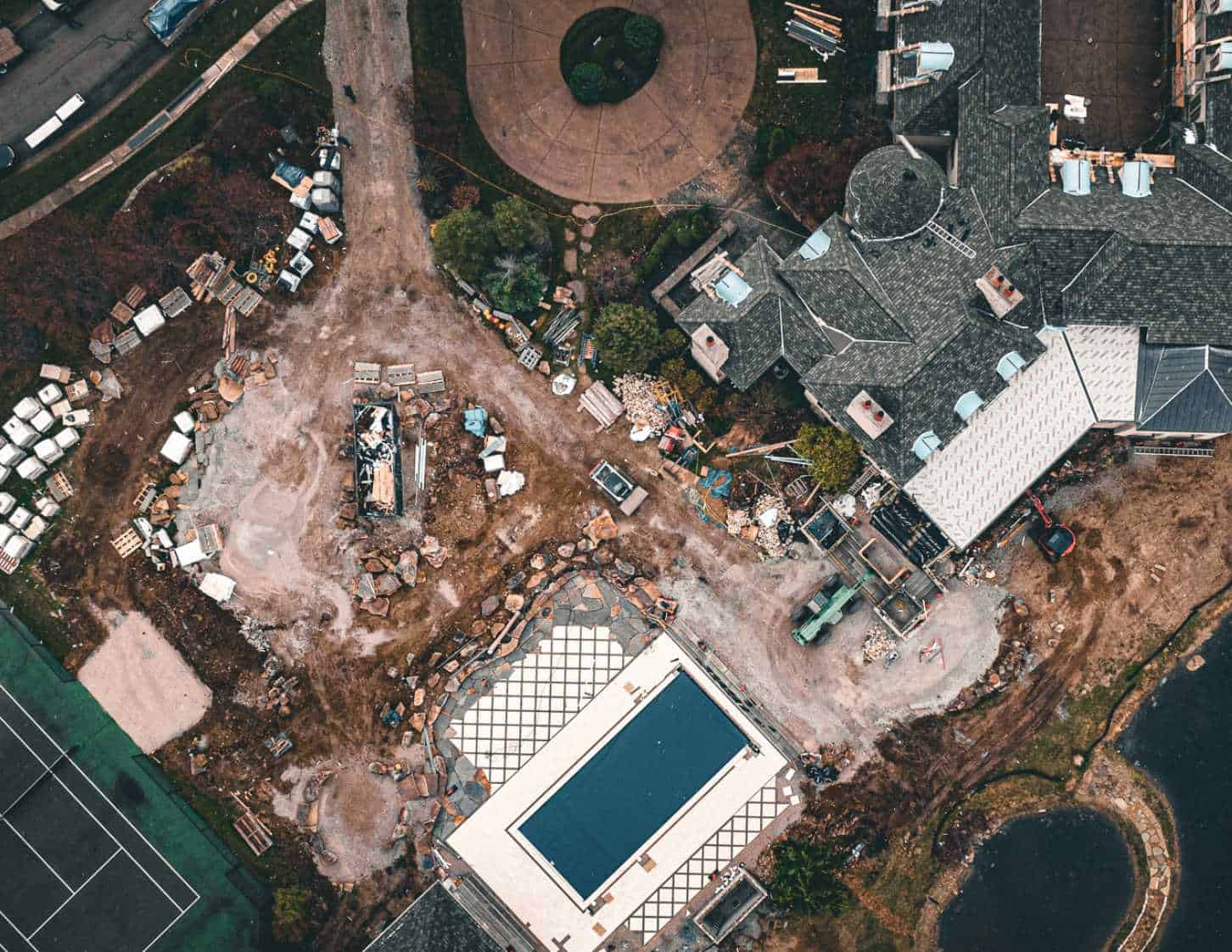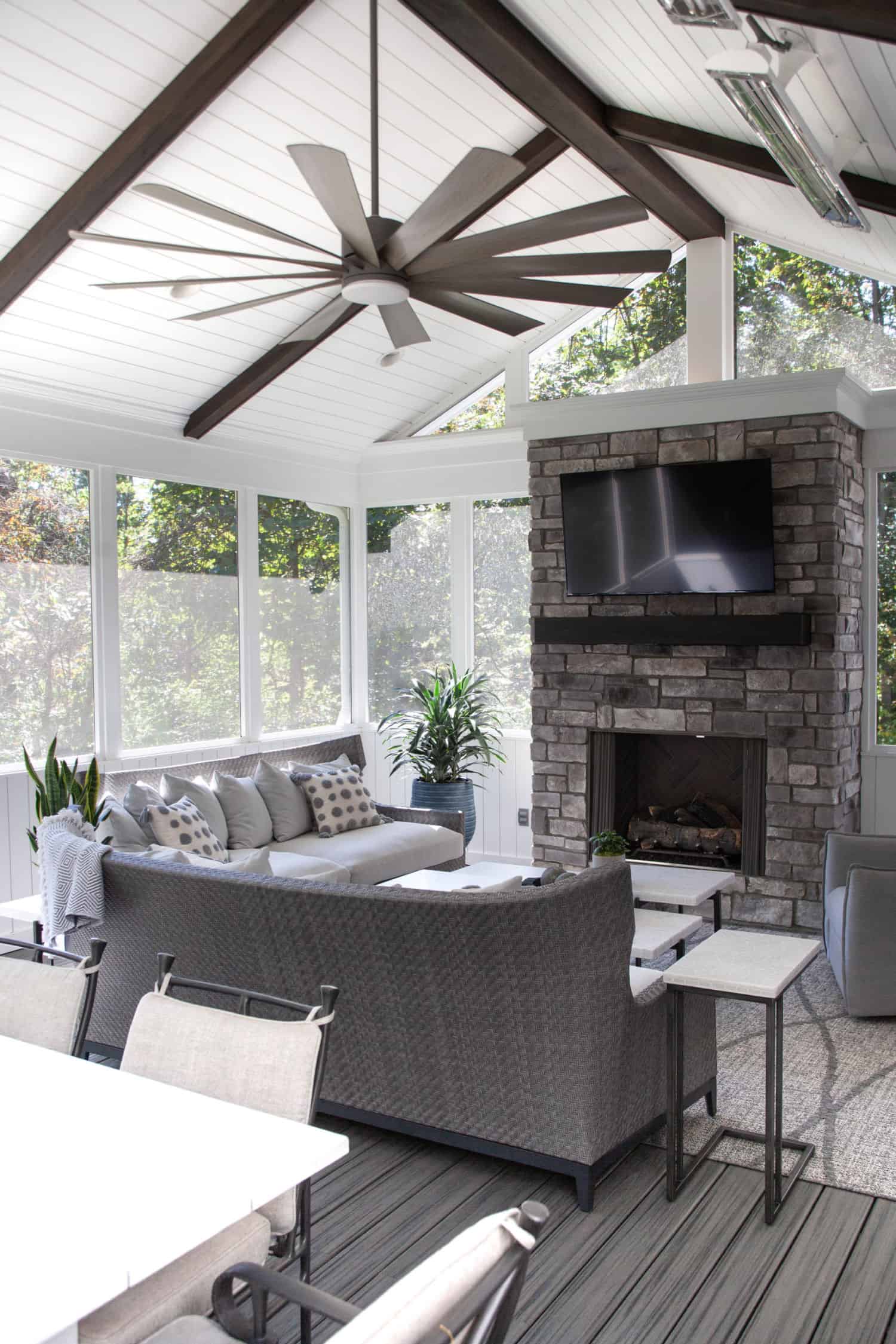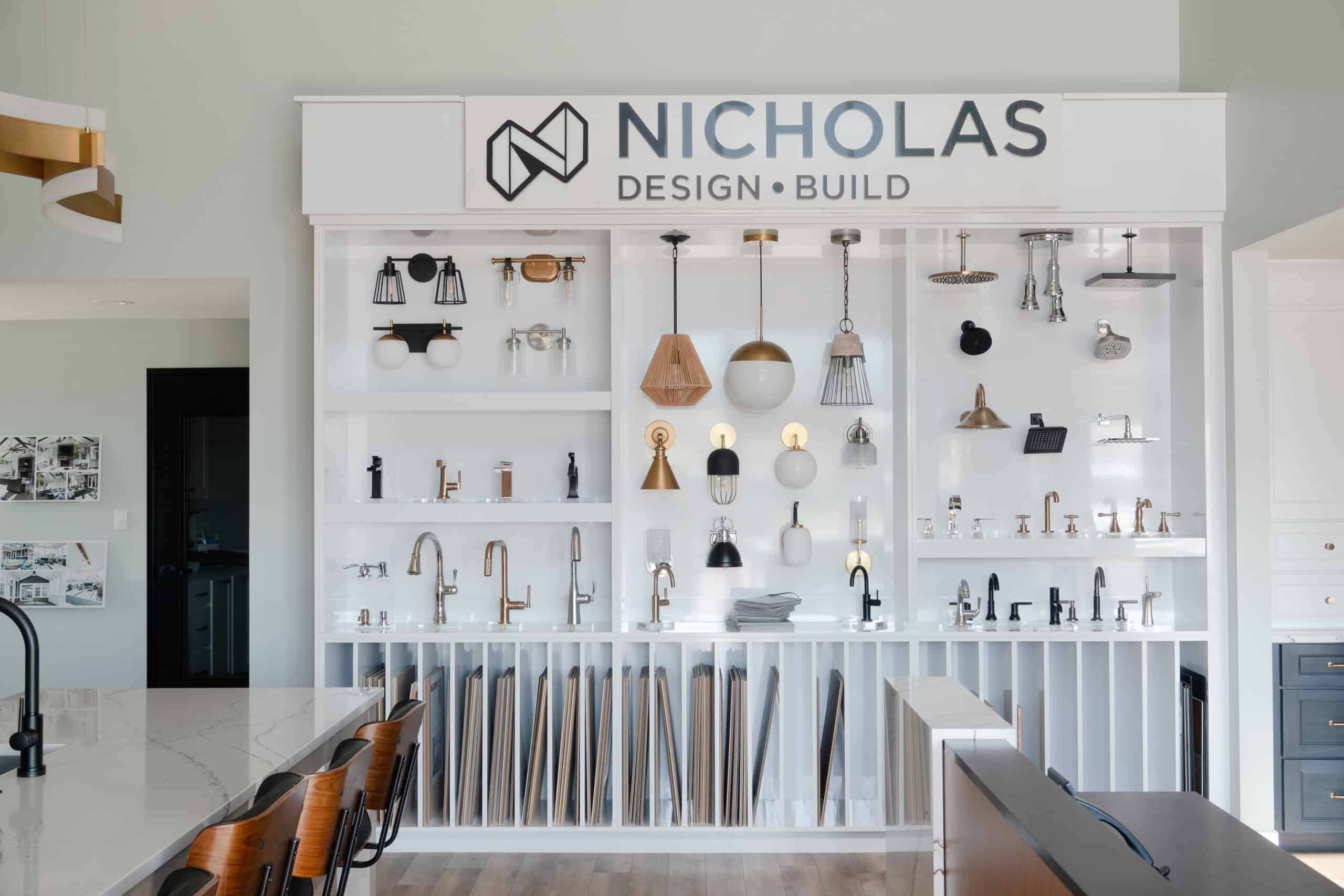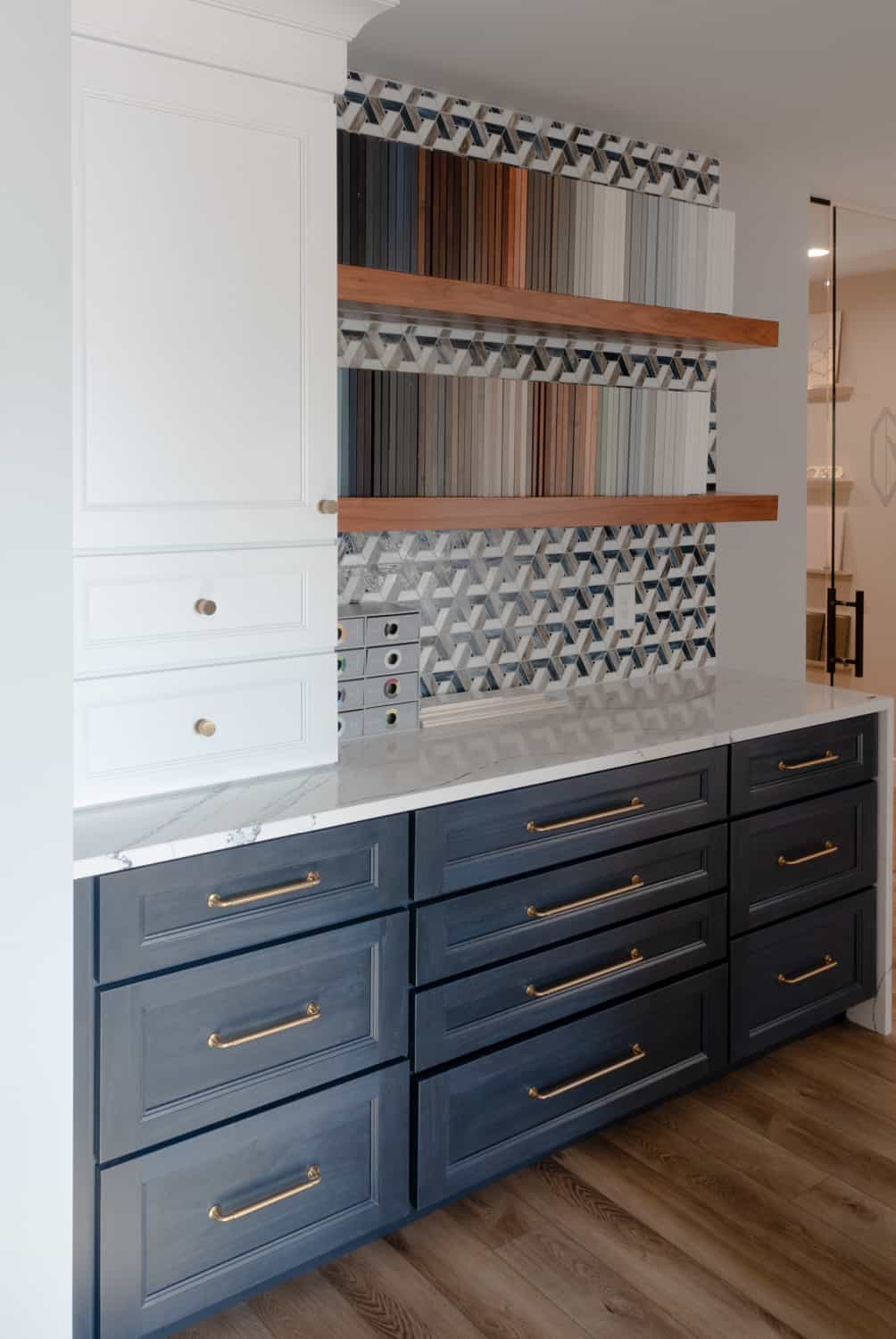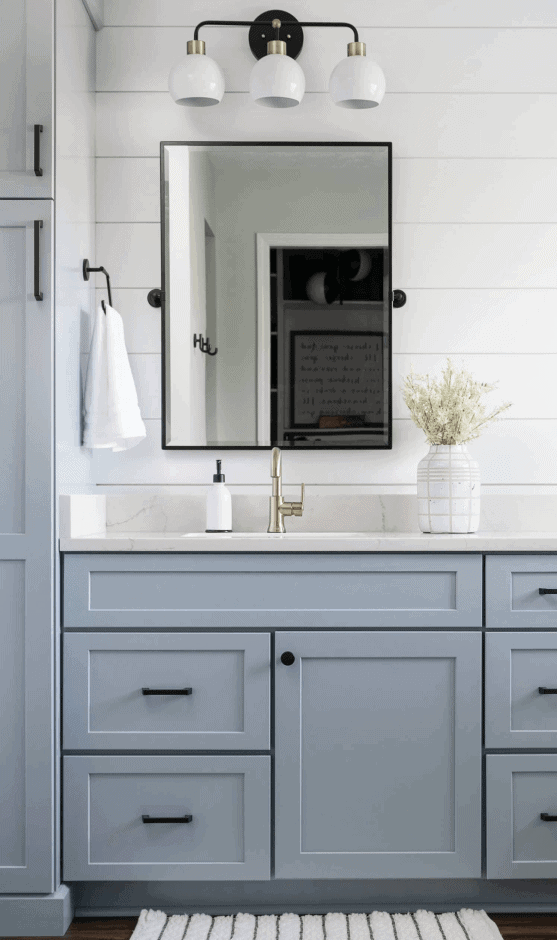Exploring Bathroom Remodel Costs
Remodeling your bathroom can be a thrilling endeavor, offering not only improved functionality but also an aesthetic facelift. However, it’s essential to consider various aspects before diving into a bathroom renovation project. In this blog post, we will answer some commonly asked questions when exploring bathroom remodel costs, helping you make informed decisions for your home improvement project.
Is It Expensive to Change the Layout of a Bathroom?
Changing the layout of a bathroom can significantly impact the cost of your renovation. The expense will depend on the extent of the layout changes and various factors like plumbing and electrical work. Here’s a breakdown of potential costs associated with layout changes:
- Plumbing Relocation: Moving plumbing fixtures, such as the toilet, sink, or shower, can be expensive. This typically involves rerouting pipes and may require opening up walls and floors.
- Electrical Work: If your layout change involves relocating light fixtures, outlets, or adding new electrical features (like heated floors), electrical work costs will increase.
- Structural Alterations: Major layout changes may require structural alterations, such as removing walls or installing support beams. These can be costly and may necessitate permits.
- Labor Costs: Changing the layout often means more labor hours, as it requires dismantling the existing setup and rebuilding it in a new configuration.
- Materials: New fixtures, cabinetry, and finishes may be required to accommodate the new layout.
While changing the layout can be expensive, it can also result in a bathroom that better suits your needs and preferences. It’s essential to weigh the costs against the benefits and consider alternatives if budget constraints are a concern.
Does Remodeling a Bathroom Add Value?
One of the primary reasons people embark on bathroom renovations is to increase the value of their homes. The good news is that, yes, remodeling a bathroom can indeed add value to your property. A well-executed bathroom renovation can yield a high return on investment (ROI), making it a smart choice for homeowners.
Here are some factors that can enhance the value of your home through a bathroom remodel:
- Updated Fixtures: Replacing old fixtures with modern, energy-efficient ones can boost your home’s value. Low-flow toilets, water-saving faucets, and LED lighting not only appeal to potential buyers but also reduce utility bills.
- Quality Materials: Investing in high-quality materials for flooring, countertops, and cabinetry can make a significant difference. Buyers appreciate durability and aesthetics.
- Functional Layout: Optimizing the layout for better flow and usability can increase the appeal of your bathroom. This might involve repositioning the toilet, shower, or vanity to create more space.
- Improved Aesthetics: A fresh, visually appealing bathroom can leave a lasting impression. Consider a timeless design that will appeal to a broad range of tastes.
- Energy Efficiency: If possible, integrate energy-efficient features like heated floors or a programmable thermostat. These green upgrades can attract eco-conscious buyers.
- Storage Solutions: Ample storage space is highly desirable. Consider adding cabinets, shelves, or built-in niches to keep the bathroom organized.
Remember that while a bathroom renovation can add value, the extent of the increase will depend on various factors such as your location, the quality of the renovation, and the current state of the bathroom.
Do I Need Planning Permission to Renovate My Bathroom?
Whether you need planning permission for your bathroom renovation depends on the scope of the project and local regulations. In many cases, minor bathroom updates like replacing fixtures, tiles, or even the bathtub typically do not require planning permission. However, it’s essential to check with your local building department to confirm the specific requirements in your area.
You may need planning permission if:
- Structural Changes: If your renovation involves structural alterations, such as moving walls or changing the footprint of the bathroom, you’ll likely need permission. This ensures that the changes comply with building codes and regulations.
- Change of Use: Converting a space into a bathroom where it was not previously designated as such may require permission.
- Heritage or Conservation Areas: If your home is in a historic or conservation area, additional restrictions might apply to protect the character of the neighborhood. This could affect your renovation plans.
- Exterior Changes: Alterations that impact the exterior of your home, like adding a new window or changing the roofline, may require permission.
To avoid complications, always check with your local authorities and obtain the necessary permits before starting your bathroom renovation. Failure to do so could result in fines or difficulties when selling your property in the future.
Should You Tile a Bathroom Before Fitting?
The order in which you tackle bathroom remodeling tasks, such as tiling and fitting fixtures, can impact the efficiency and quality of your project. Generally, it is advisable to tile the bathroom before fitting fixtures for several reasons:
- Clean Finish: Tiling the walls and floors first ensures a clean and seamless appearance, as tiles can be cut precisely to fit around fixtures like the toilet and bathtub.
- Waterproofing: Properly tiled walls and floors serve as a waterproof barrier, protecting the underlying structure from moisture damage. This is especially important in wet areas like bathrooms.
- Ease of Installation: Fitting fixtures onto finished tile surfaces can be more challenging and time-consuming. Tiling first allows you to position fixtures accurately and securely.
- Tile Protection: Tiling before fitting fixtures shields the tiles from potential damage during fixture installation. For instance, accidentally dropping a tool on finished tiles can lead to costly repairs.
However, it’s crucial to plan the sequence of your renovation carefully. Ensure that plumbing and electrical work are completed before tiling to avoid damaging the finished tiles during these installations. Especially if something were to go wrong, your bathroom remodel costs would increase. It’s best to consult with a professional contractor who can create a comprehensive project timeline. Click here to learn more on why it is best to hire a professional.
Conclusion
Remember that remodeling a bathroom can indeed add substantial value to your property, it’s essential to strike a balance between your aspirations and budget. Careful planning, adherence to local regulations, and the guidance of experienced professionals can help you navigate this transformative process with confidence.
Nicholas Design Build understands that remodeling a bathroom is more than just a makeover; it’s an investment in your home’s future. By focusing on modernizing fixtures, using top-quality materials, and optimizing layouts, our team helps you create a bathroom that not only meets your immediate needs but also stands the test of time. As you embark on your bathroom remodeling journey, remember that Nicholas Design Build is here to guide you every step of the way. With our expertise and your vision, your dream bathroom is closer to reality than you might think.

